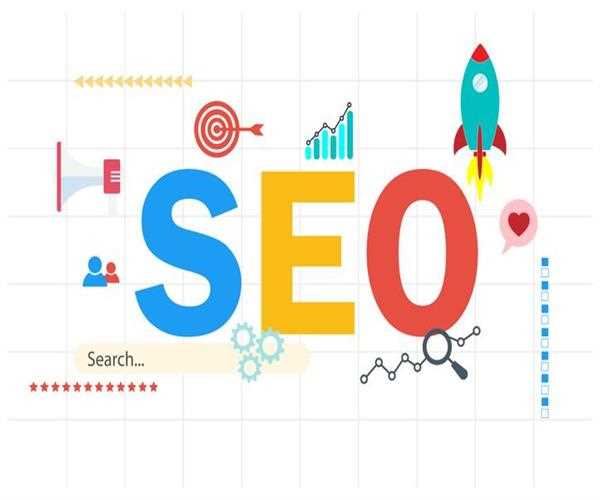
09-Dec-2022
What are the disadvantages of on-page SEO
On-page SEO is the process of optimizing individual web pages to rank higher in search engine results. While on-page SEO can be a great way to improve your website’s visibility, there are some disadvantages to consider as well. One of the biggest disadvantages of on-page SEO is that it can take a lot of time and effort to optimize each page of your website.
If you have a large website, this can be a significant undertaking. In addition, on-page optimization may require ongoing work in order to maintain your ranking position. Another disadvantage of on-page SEO is that it can be difficult to target specific keywords with your optimization efforts. This is because you are limited by the content on your page.
On-Page SEO Can Be Time Consuming
On-page SEO can be time consuming because it requires you to research and optimize your website for the keywords you want to rank for. This can take a lot of time and effort, especially if you are new to SEO. Additionally, on-page optimization is an ongoing process, so you will need to continuously monitor and adjust your website to ensure that it is optimized for the keywords you want to target.
On-Page SEO Requires Constant Updating
On-page SEO is the process of optimizing a website for Google search with the goal of earning higher web traffic levels and improving the visibility of the site. However, this process requires constant updating in order to stay ahead of Google's ever-changing algorithms. This can be a significant disadvantage for businesses who don't have the time or resources to keep up with these updates. Additionally, on-page SEO can be very technical and complex, making it difficult to do without help from an experienced professional.
You May Miss Out on Some Targeted Traffic
If you don't put any effort into on-page SEO, you may miss out on some targeted traffic from people who are specifically searching for the keywords that you're targeting. Even if you're ranking well for your target keywords in general, you could be missing out on some valuable traffic if your pages aren't optimized correctly.
You Need to Understand How Search Engines Work
- If you want to improve your on-page SEO, you need to understand how search engines work. Search engines are complex pieces of technology, and they are constantly changing. To make matters worse, there is no one “right” way to optimize your website for a search engine.
- Search engines use a variety of factors to determine where your website should rank in the search results. Some of these factors are under your control, such as the quality of your content and the keywords you use on your website. Other factors, such as the age of your website and the number of inbound links, are out of your control.
- This can be frustrating for webmasters who want to improve their on-page SEO but don’t know where to start. The good news is that there are a few simple things you can do to improve your chances of ranking well in the search results.
Here are a few tips:
• Use keyword-rich titles and descriptions: Titles and descriptions are two important elements of on-page SEO. Make sure that you include relevant keywords in these elements so that search engines can easily identify what your website is about.
• Optimize your images: Include relevant keywords in the file names and ALT tags of your images. This will help search engines understand what the images are about and index them properly.
• Use keyword-rich anchor text: When linking to other pages on your website, use anchor
Conclusion
There are a few potential disadvantages of on-page SEO that you should be aware of. First, if you stuff your keywords too much, it can actually hurt your ranking in search engines. Second, if you're not careful with your internal linking, it can create a messy website structure that is difficult for users and search engine crawlers to navigate. Finally, on-page optimization can be time-consuming and tedious, especially if you have a large website. However, the potential benefits of on-page SEO usually outweigh the drawbacks for most businesses.

SEO and Content Writer
I am Drishan vig. I used to write blogs, articles, and stories in a way that entices the audience. I assure you that consistency, style, and tone must be met while writing the content. Working with the clients like bfc, varthana, ITC hotels, indusind, mumpa, mollydolly etc. has made me realized that writing content is not enough but doing seo is the first thing for it.
Join Our Newsletter
Subscribe to our newsletter to receive emails about new views posts, releases and updates.
Copyright 2010 - 2026 MindStick Software Pvt. Ltd. All Rights Reserved Privacy Policy | Terms & Conditions | Cookie Policy